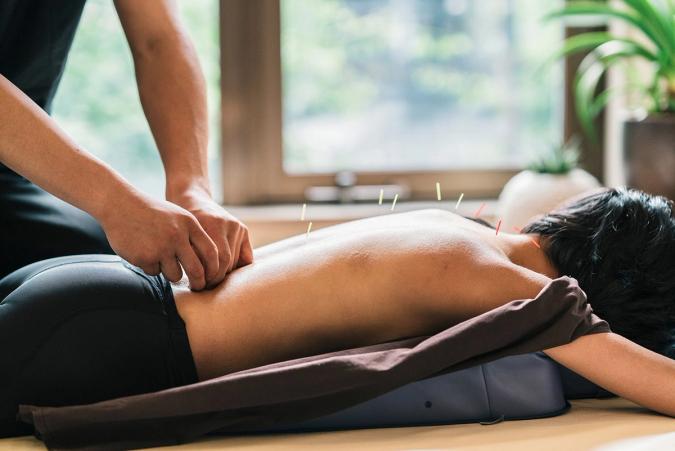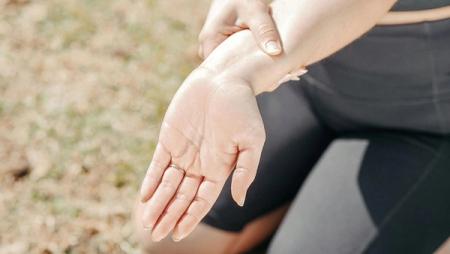question
are there any pain management techniques specifically for rheumatoid arthritis?
Managing pain associated with rheumatoid arthritis can be challenging, but there are several techniques and strategies that may help alleviate discomfort and improve your quality of life. Here are some effective pain management techniques based on the information in my sources:
1. Medication Management
- Follow Prescribed Medications: It is crucial to continue taking medications recommended by your healthcare team. These may include over-the-counter or prescription medications that play a significant role in relieving joint pain and inflammation.
- Consult Your Doctor: If you experience side effects or feel your current medication isn't effective, discuss this with your GP or specialist. They may suggest alternative medications or adjustments to your treatment plan.
2. Physical Activity
- Regular Exercise: Engaging in appropriate physical activity can significantly reduce pain. Activities such as walking, water aerobics, tai chi, or strength training can help maintain joint mobility and improve overall strength and flexibility.
- Professional Guidance: A physiotherapist or exercise physiologist can help design a tailored exercise program that suits your needs and capabilities.
3. Heat and Cold Therapy
- Heat Application: Using heat can relax muscles and stimulate blood circulation. You might try a warm bath, heat pack, or hot water bottle on the painful area for about 15 minutes.
- Cold Treatment: Cold therapy can numb painful areas and reduce swelling. Applying ice packs for 15 minutes may be particularly beneficial during flare-ups. Always ensure your skin returns to normal temperature before reapplying to avoid tissue damage.
4. Mind Techniques
- Relaxation Techniques: Techniques such as deep breathing, guided imagery, and progressive muscle relaxation can help reduce stress and muscle tension. These methods require practice, and you may need to try several to find what works best for you.
- Mindfulness-Based Stress Reduction: This structured program can help you become aware of unhelpful thoughts and learn how to respond to them effectively.
5. Psychological Support
- Seeing a Psychologist: A psychologist can assist you in learning pain coping skills and relaxation techniques. Cognitive behavioural therapy (CBT) may also be beneficial in managing pain perception and emotional responses to pain.
6. Complementary Therapies
- Massage: While scientific evidence is limited, some individuals find that massage can temporarily improve pain and mobility. Ensure that the therapist has experience working with arthritis patients.
- Acupuncture: This ancient practice may help block pain signals. Although results can vary, some people find it beneficial when used alongside conventional treatments.
- Transcutaneous Electrical Nerve Stimulation (TENS): A TENS machine delivers mild electric pulses to block pain messages. It can be useful for long-term pain management, but it may not work for everyone. Consult a physiotherapist to learn how to use it effectively.
7. Joint Care and Energy Conservation
- Protect Your Joints: Simple habits can help reduce pain and fatigue. Avoid activities that exacerbate pain, ask for help when needed, and use aids or gadgets to make tasks easier.
- Energy Conservation: Learning to manage your energy levels can help you engage in daily activities without overexerting yourself.
8. Healthy Lifestyle Choices
- Maintain a Healthy Weight: Excess weight can increase pressure on weight-bearing joints, exacerbating pain. A balanced diet rich in fruits, vegetables, whole grains, and lean proteins can support weight management and overall health.
- Quit Smoking: Smoking has been linked to increased arthritis pain and can hinder the effectiveness of medications. If you smoke, consider discussing quitting strategies with your doctor.
9. Social Connections
- Stay Connected: Engaging with others who understand your experience can provide emotional support. Consider joining local or online support groups to share experiences and coping strategies.
Conclusion
While there may not be a definitive cure for rheumatoid arthritis, these pain management techniques can help you take control of your symptoms and improve your quality of life. It’s essential to work closely with your healthcare team to find the most effective strategies for your individual situation.
If you have further questions or need more specific advice, please consider consulting a healthcare professional who can provide tailored guidance based on your unique circumstances.
This information is not a substitute for professional medical advice, diagnosis or treatment. Always consult a registered healthcare professional about matters that affect your health. Clara uses artificial intelligence to generate general information for personal educational purposes only, not intended to be a management plan and it may contain errors, inaccuracies or may oversimplify concepts.






